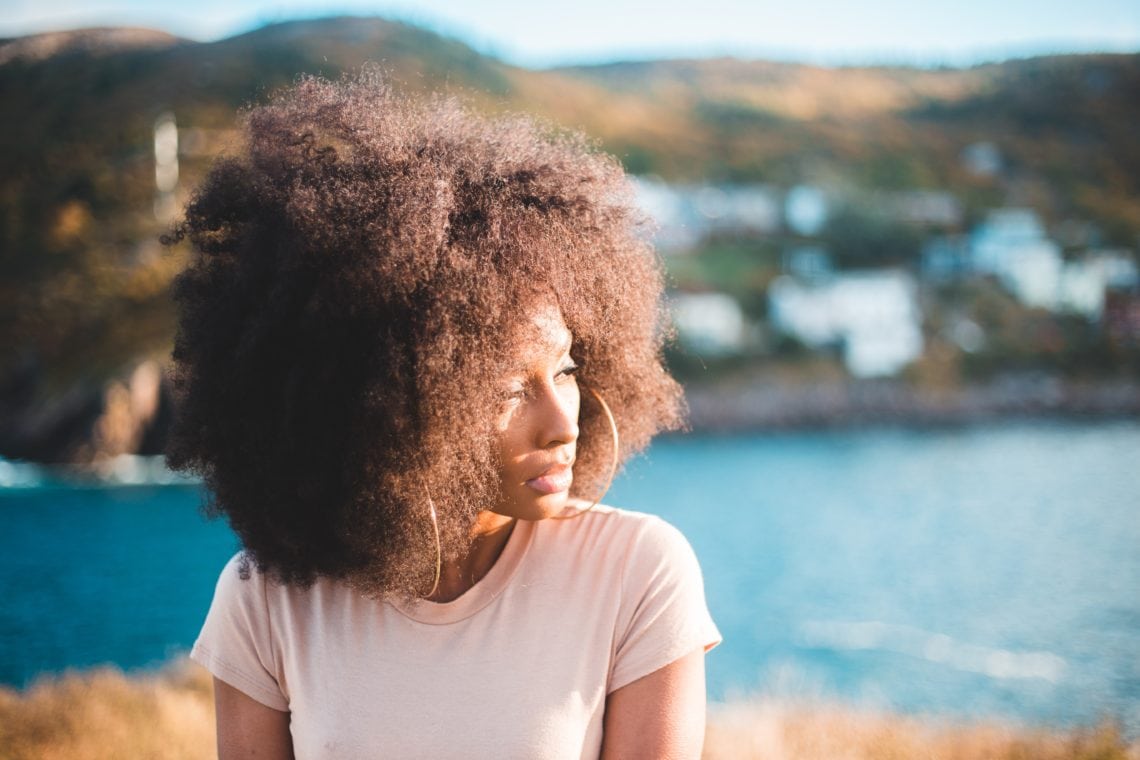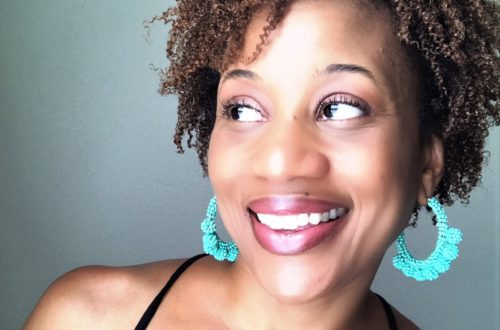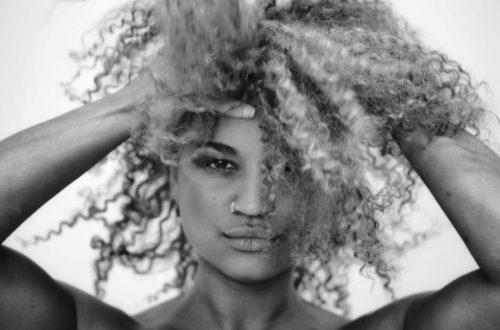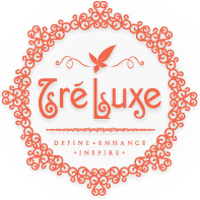
I Use Oils And Butters Religiously, Why Is My Hair Still Dry?
Dry hair has always been a natural’s worst enemy. No one wants tired ashy hair, and as a result, it seems that we have been on a never-ending quest for the magical cure to remedy our thirsty strands. The long-standing consensus has been that oils and butters are natural hair’s best friend and in order to have beautifully long hair, you need to grab the oil, slather your scalp and strands, and minimize the shampoo. Today, we are going to take a closer look at oils and butters and their place in hair care. You might be surprised to find out that our beloved oils and butters could be causing more harm than good.
The Facts
People of African descent have the driest hair type of all other ethnicities
The structure of our hair lends itself to the production of dryer strands. Sebum, hair’s natural moisturizer, when released from the hair follicle, travels down the hair shaft and provides the hair with the moisture that it needs. Differences in follicles size, hair texture, and coarseness of hair along with lifestyle and exposure to the heat and sun, all effect how much sebum is produced and how effective it is at traveling the length of the strands to provide the hair with much needed moisture.
The shine or sheen that hair produces is a result of the texture and oil content of the hair.
Hair with silkier surface textures tend to be shinier than hair with a more course texture. Silkier surface textures are better able to reflect light and thus create a shiny appearance. Natural hair, with all of its bends, kinks, and coils does not reflect light the same as hair with a smoother texture. This results in more of a sheen to the hair strands than a shine. There are products available, typically in the form of oils, that are able to create “shine” or a “shiny appearance” to the hair, but their effects are generally temporary and require reapplication to maintain the look or appearance of shine. It is important to remember that the appearance of shine created by applying oils to the hair, is not indicative of the health or state of the natural hair.
All oils, whether they penetrate the strands or not, leave a film on the hair that leads to build up overtime.
It is well known that not all oils are created equal. What may be less known, is that while some oils are made up of molecules that are small enough to penetrate the hair shaft, research shows that all oils, no matter how small, leave a layer of film on the hair strands. Any oil or lipid films present on the strands will reduce the hairs ability to absorb water from the atmosphere and result in a lack of moisture and dehydration of the strands. The larger the molecules in the oil the thicker the layer of film that coats the strands. The end result being greasy, shiny, dehydrated hair. While some oils may help in the ease of combing or detangling hair the film left behind, when not properly cleansed from the strands will ultimately result in buildup that encourages fungal and bacterial growth as well as scalp irritation and hair loss.
The quest for hydration can lead to a vicious cycle if not approached correctly. While oils and butters may add some temporary cosmetic relief, the end result is often continued dehydration which spurs an increased use of oils thus resulting in product build-up, dry brittle strands, and breakage.
The foundation for hydration, regardless of your hair care routine, begins with water. Moisture comes from water. It always has and always will. You can aide your hair in the absorption of water by establishing a healthy lifestyle that includes increased consumption of water and a proper wash routine that includes shampooing the scalp to remove build up that may occur from the products used during styling. Shampooing cleanses the scalp, and conditioner seals the strands. Any additional products added to the strands after they have been sealed are for styling or cosmetic purposes. The incorporation of plant-based, water-soluble products into your hair care routine will aid in the reduction of build-up, and also allow your strands to freely receive moisture from the atmosphere.
Oil is not the best road to hydrated hair, in fact it often leads you down a road of dehydration and desperation.
I can share many more facts as to why oil is not your hair’s best friend, but in the interest of both our attention spans, I’ll leave you with this. Oil is not the best road to hydrated hair, in fact it often leads you down a road of dehydration and desperation. If you’re looking for a place to start on your hydration journey start with water. Speaking from experience, the difference is like night and day. Once you discover the beauty of healthy, hydrated strands,ultimately, you’ll will be glad you did.
References
- https://www.ncbi.nlm.nih.gov/pubmed/24602821
- https://www.ncbi.nlm.nih.gov/pubmed/17520153
- https://www.ncbi.nlm.nih.gov/pubmed/12715094
- https://www.ncbi.nlm.nih.gov/pubmed/11413497
- https://www.ncbi.nlm.nih.gov/pubmed/16258695
- https://www.ncbi.nlm.nih.gov/pubmed/26171923
- https://www.ncbi.nlm.nih.gov/pmc/articles/PMC4387693/
- The Science of Black Hair: A Comprehensive Guide to Textured Hair Care(Standard Edition: Black & White)




